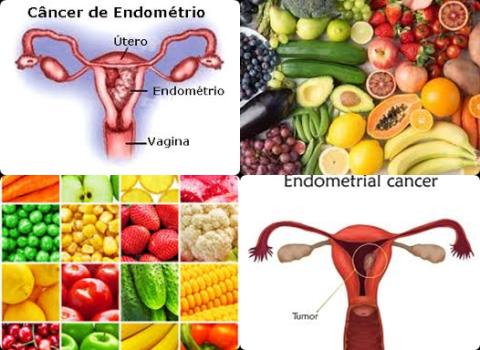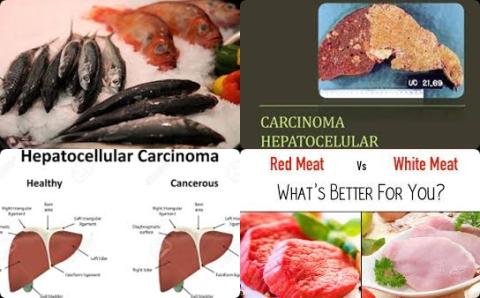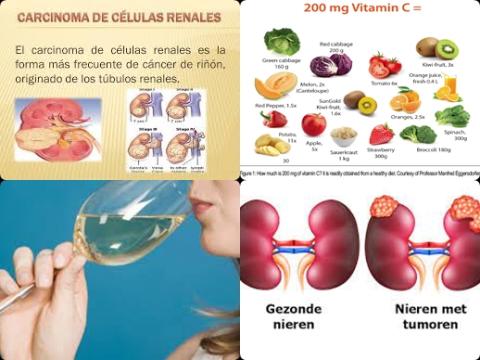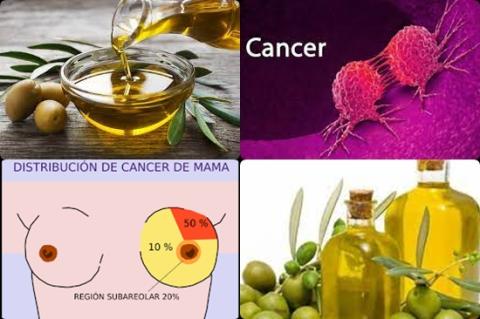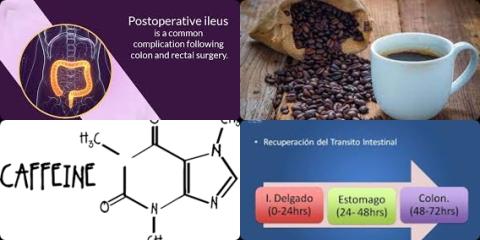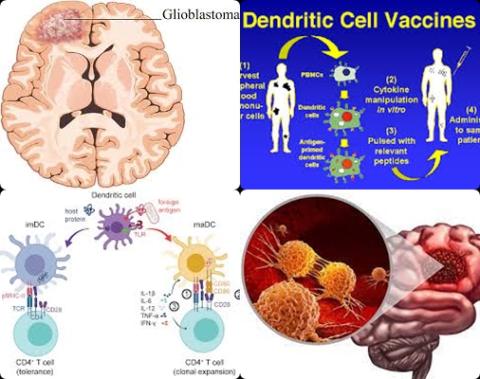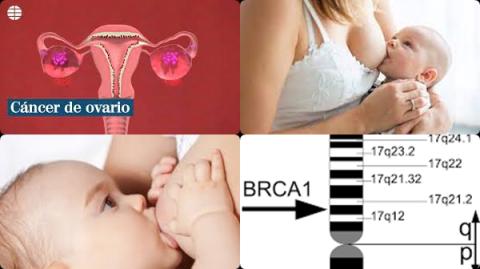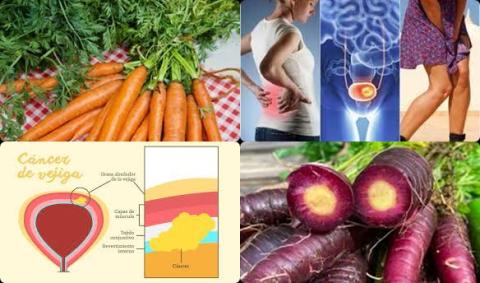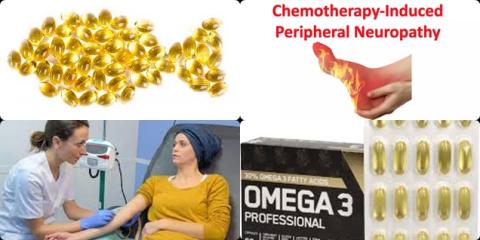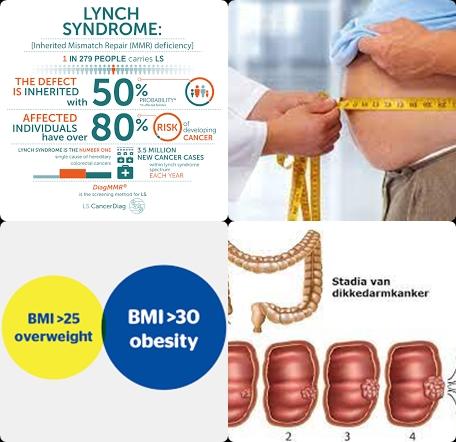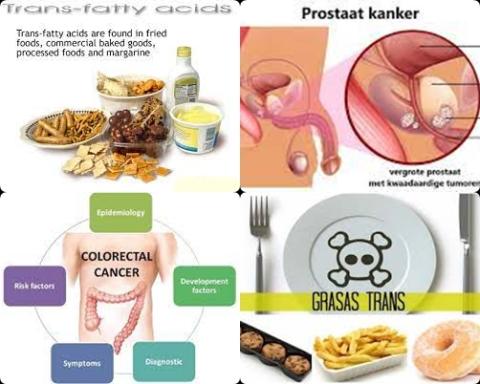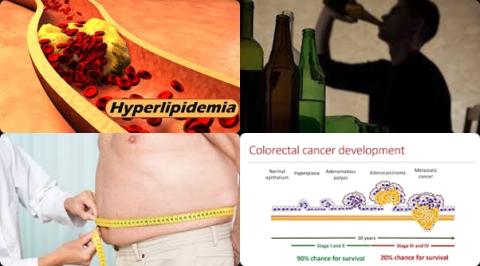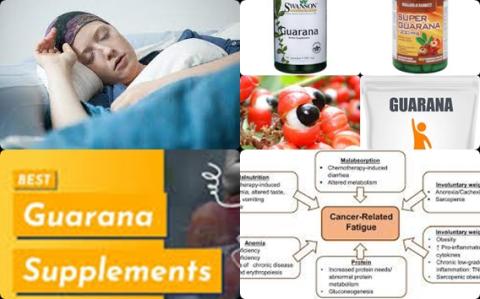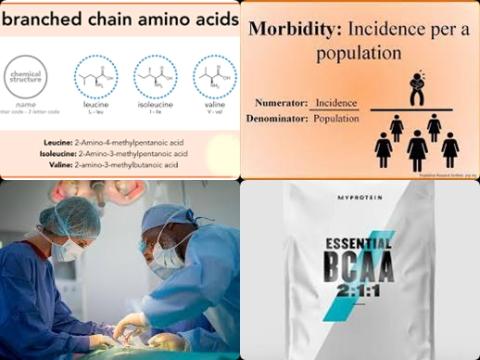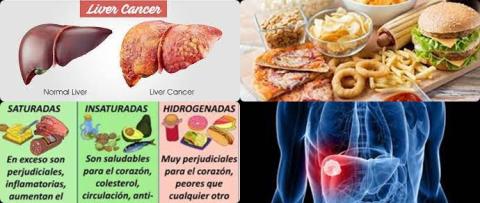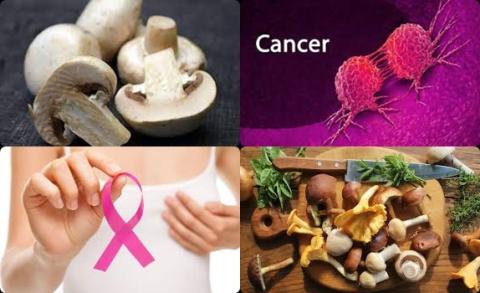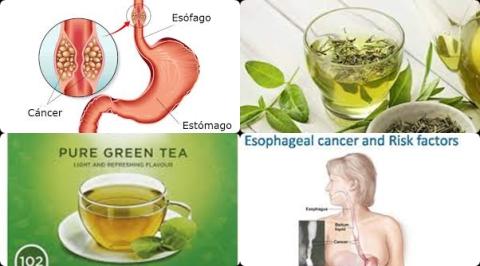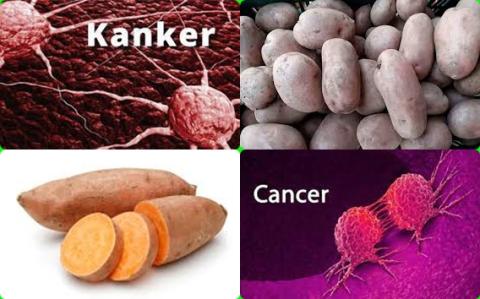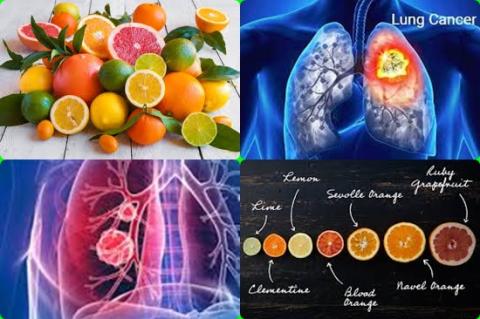Objectives:
Due to the rapid increase of primary liver cancer incidence and the poor prognosis, it is imperative to identify new modifiable factors such as diet and nutrition for the prevention of liver cancer. Diet high in saturated fatty acids (SFA) has been hypothesized to be associated with increased risk of cancers. However, the associations between dietary fatty acids and liver cancer are not consistent. Therefore, this review article has been conducted.
Does a diet high in saturated fatty acids or cholesterol increase risk of liver cancer?
Study design:
This review article included 14 prospective cohort studies with 15,890 liver cancer cases.
Results and conclusions:
The investigators found for the highest dietary saturated fat versus lowest intake, a significantly increased risk of 34% [RR = 1.34, 95% CI = 1.06 to 1.69, I2 = 16.9%, n = 5] for liver cancer.
The investigators found for every increase with 1 En% saturated fat, a significantly increased risk of 4% [RR = 1.04, 95% CI = 1.01 to 1.07, I2 = 16.8%, n = 5] for liver cancer.
The investigators found per 0.1-unit increase in ratio of monounsaturated fatty acids (MUFA): saturated fat (SFA), a significantly decreased risk of 9% [RR = 0.91, 95% CI = 0.86 to 0.95] for liver cancer.
The investigators found per 0.1-unit increase in ratio of unsaturated fatty acids (UFA):saturated fat (SFA), a significantly decreased risk of 6% [RR = 0.94, 95% CI = 0.90 to 0.97] for liver cancer.
The investigators found for every increase with 100 mg dietary cholesterol intake per day, a significantly increased risk of 16% [RR = 1.16, 95% CI = 1.01 to 1.07, I2 = 0%, n = 2] for liver cancer.
The investigators found for the highest serum total cholesterol levels versus lowest levels, a significantly decreased risk of 58% [RR = 0.42, 95% CI = 0.33 to 0.54, I2 = 90.7%, n = 7] for liver cancer.
The investigators found for the highest serum total cholesterol levels versus lowest levels, a significantly decreased risk of 61% [RR = 0.39, 95% CI = 0.27 to 0.57] for liver cancer among men.
The investigators found for the highest serum total cholesterol levels versus lowest levels, a significantly decreased risk of 69% [RR = 0.31, 95% CI = 0.26 to 0.38] for liver cancer among women.
The investigators found for every increase with 1 mmol/L in serum cholesterol level, a significantly decreased risk of 28% [RR = 0.72, 95% CI = 0.69 to 0.75, I2 = 75.3%, n = 7] for liver cancer.
The investigators found for every increase with 1 mmol/L in serum HDL cholesterol level, a significantly decreased risk of 58% [RR = 0.42, 95% CI = 0.27 to 0.64, I2 = 0%, n = 2] for liver cancer.
The investigators found these findings were generally robust and stable in sensitivity analyses.
The investigators concluded there is an increased risk for dietary saturated fat with liver cancer using both category and dose-response analyses. Higher ratios of monounsaturated fatty acids (MUFA):saturated fat (SFA) and unsaturated fatty acids (UFA):saturated fat (SFA) are associated with a lower risk of developing liver cancer. Higher serum total and HDL cholesterol are associated with a lower risk of liver cancer with high between-studies variability.
Original title:
Dietary Fats, Serum Cholesterol and Liver Cancer Risk: A Systematic Review and Meta-Analysis of Prospective Studies by Zhao L, Deng C, [...], Zhang X.
Link:
https://www.ncbi.nlm.nih.gov/pmc/articles/PMC8037522/
Additional information of El Mondo:
Find more information/studies on fat and cholesterol consumption and cancer right here.
A diet high in saturated fat (unhealthy fat) is a diet with more than 10 En% saturated fat.
The easiest way to follow a diet with more than 10 En% saturated fat is to choose only products/meals that also contain more than 10 En% saturated fat. Check here which products contain more than 10 En% saturated fat.
More than 10% saturated fat means that the total amounts of saturated fat make up more than 10% of the total kcal of the diet. So a 2000 kcal diet with more than 10 En% saturated fat contains more than 22 grams of saturated fat. 22 grams of saturated fat provides 22x9 kcal = 198 kcal. 198 kcal is 10% of 2000 kcal.
However, products with more than 10 En% saturated fat are unhealthy products.
